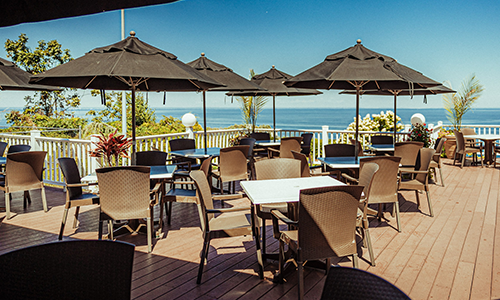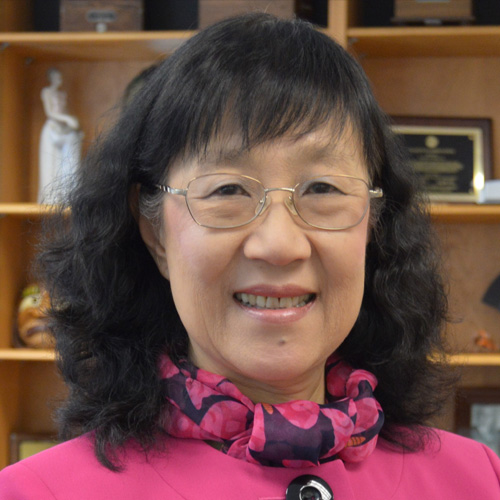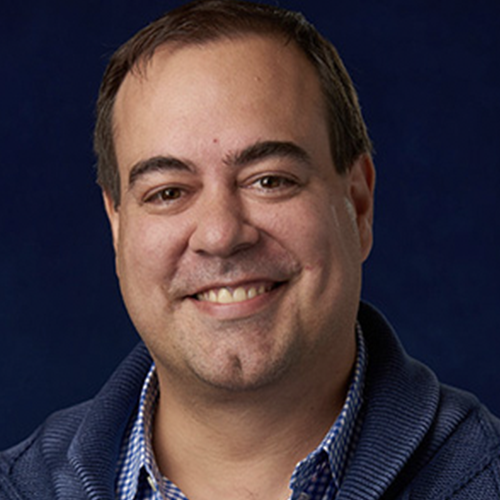
Mechanisms of Carcinogenesis and Molecular Medicine
Significant strides have been made in understanding the mechanisms, diagnosis, and treatment of cancers. Despite these advancements in cancer research and clinical practices, cancer remains the second leading cause of death in the U.S., following heart disease. Cancer, characterized by the uncontrolled growth and division of cells, has traditionally been attributed to accumulated genetic mutations in stem or somatic cells, deemed largely unpreventable. However, emerging evidence suggests that non-genetic factors, such as epigenetic changes, play a pivotal role in initiating carcinogenesis, particularly in response to non-mutagenic environmental factors. This revelation implies that many types of cancer are, indeed, preventable.
The rapid progress in omics technologies and the integration of big data analytics in preclinical, translational, and clinical studies have unveiled previously unseen aspects of tumor landscapes, offering new avenues in molecular medicine for combating human cancers. Moreover, the convergence of single-cell methodologies, advanced computational techniques, and cutting-edge preclinical and translational endeavors has been instrumental in unraveling the complex interplay among genetics, epigenetics, cancer cells, stromal elements, the immune system, and external influencers such as diet and environmental conditions.
At this year’s Gloria and Mark Snyder Symposium on Mechanisms of Carcinogenesis and Molecular Medicine, keynote speakers and other participants will present a comprehensive overview of how various factors shape the broader tumor ecosystem in space and time during malignant progression and therapeutic responses. This holistic understanding is crucial for the development of innovative diagnostic methods and therapeutic interventions, ranging from targeted therapies to immunotherapies.

Tuesday, April 16, 2024
8 am to 4:30 pm
The Waterview at Port Jefferson
44 Fairview Drive
Port Jefferson, NY 11777
In Person Only
*Please note, space is limited and registration is required to attend this event.
Registration closes on
Wed., April 10, 2024.
Keynote Speakers

Shuk-Mei Ho, PhD
Professor, Department of Pharmacology and Toxicology
UAMS, Vice Chancellor for Research and Innovation
Dr. Shuk-Mei Ho earned her PhD in 1978 at the University of Hong Kong, and shortly after, she moved to Boston to pursue her interest in research as a postdoctoral fellow. She was appointed vice chair for research in the Department of Surgery and director for translational research in urological disorders at the University of Massachusetts Medical School. She also served Tufts University as associate dean for research in the School of Graduate Studies, Research, and Continuing Education.
Since 2005, she has been the Jacob G. Schmidlapp Professor and chairwoman of the Department of Environmental Health, University of Cincinnati College of Medicine. In 2011, she was appointed director of Cincinnati Cancer Center. In 2019, she joined the University of Arkansas for Medical Science (UAMS) as its vice chancellor for research and as a professor in the College of Medicine Department of Pharmacology and Toxicology.
Her research interests are focused on the role of hormones and endocrine disruptors, the interplay between genetics and epigenetics in disease development, and how early-life experiences impact the development of cancers, asthma, neural disorders, and other complex chronic diseases.

Marcelo G. Bonini, PhD
Professor of Medicine (Hematology/Oncology) and
Associated Director for Education and Training at the
Robert H. Lurie Comprehensive Cancer Center
After earning his PhD from the University of Sao Paulo Department of Biochemistry, Dr. Marcelo G. Bonini joined Dr. Ronald P. Mason laboratories at the National Institute of Environmental Health Sciences/NIH (RTP, NC) for postdoctoral training focused on Pharmacology, Toxicology and Signal Transduction effected by biological oxidations.
In 2009, he moved to the University of Illinois at Chicago where he held his first academic position as an Assistant Professor of Medicine and Pharmacology. At UIC, Dr. Bonini rose through the ranks and was promoted to Associate Professor in 2015. In 2018, he joined the Medical College of Wisconsin (Milwaukee) as a Professor of Medicine and Biophysics and was the Founding Director of the Innate Immunity Program. After two years at MCW, Dr. Bonini's group moved to the Feinberg School of Medicine of Northwestern University where he serves as a Professor of Medicine (Hematology/Oncology) and Associated Director for Education and Training at the Robert H. Lurie Comprehensive Cancer Center.

